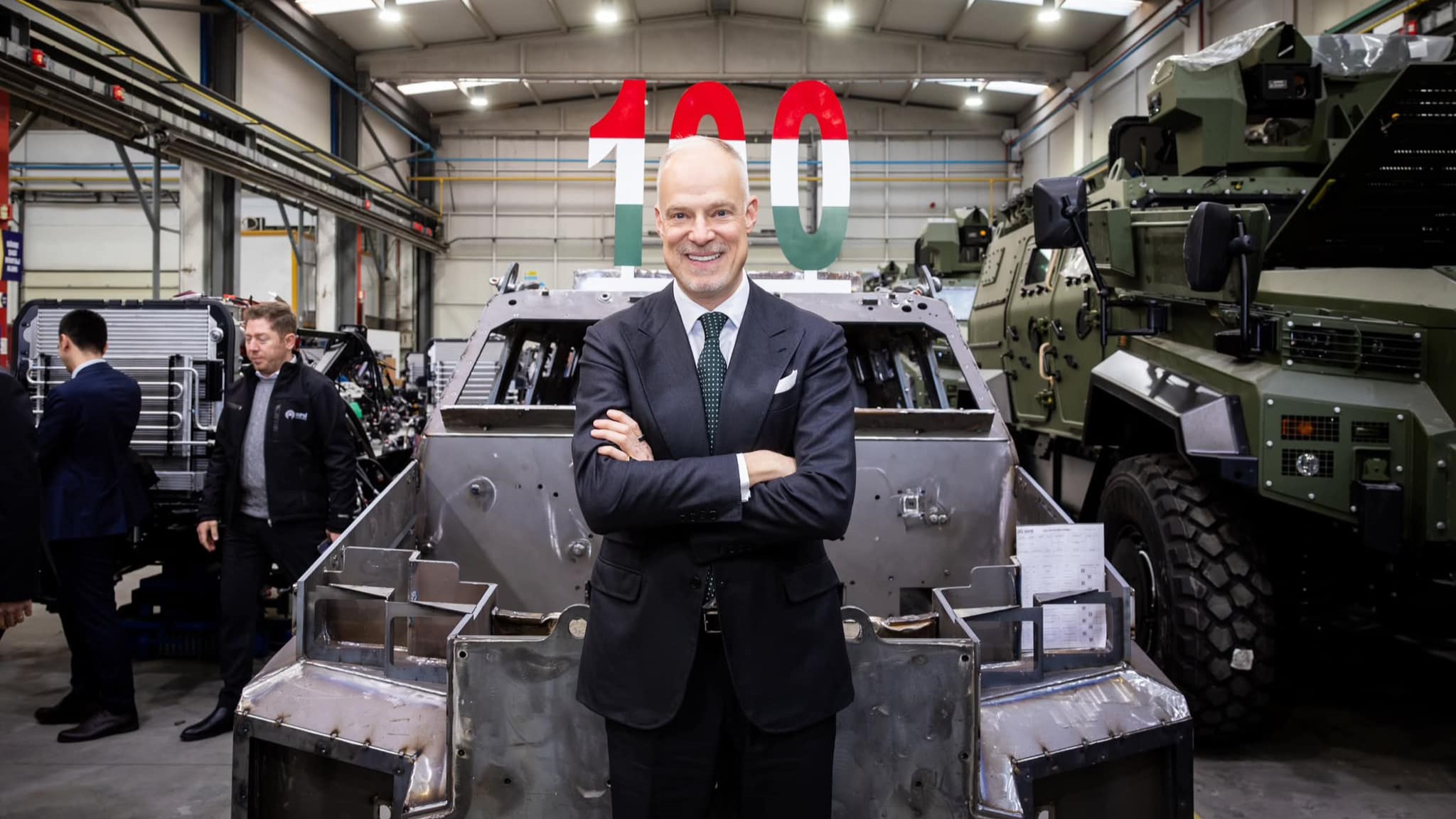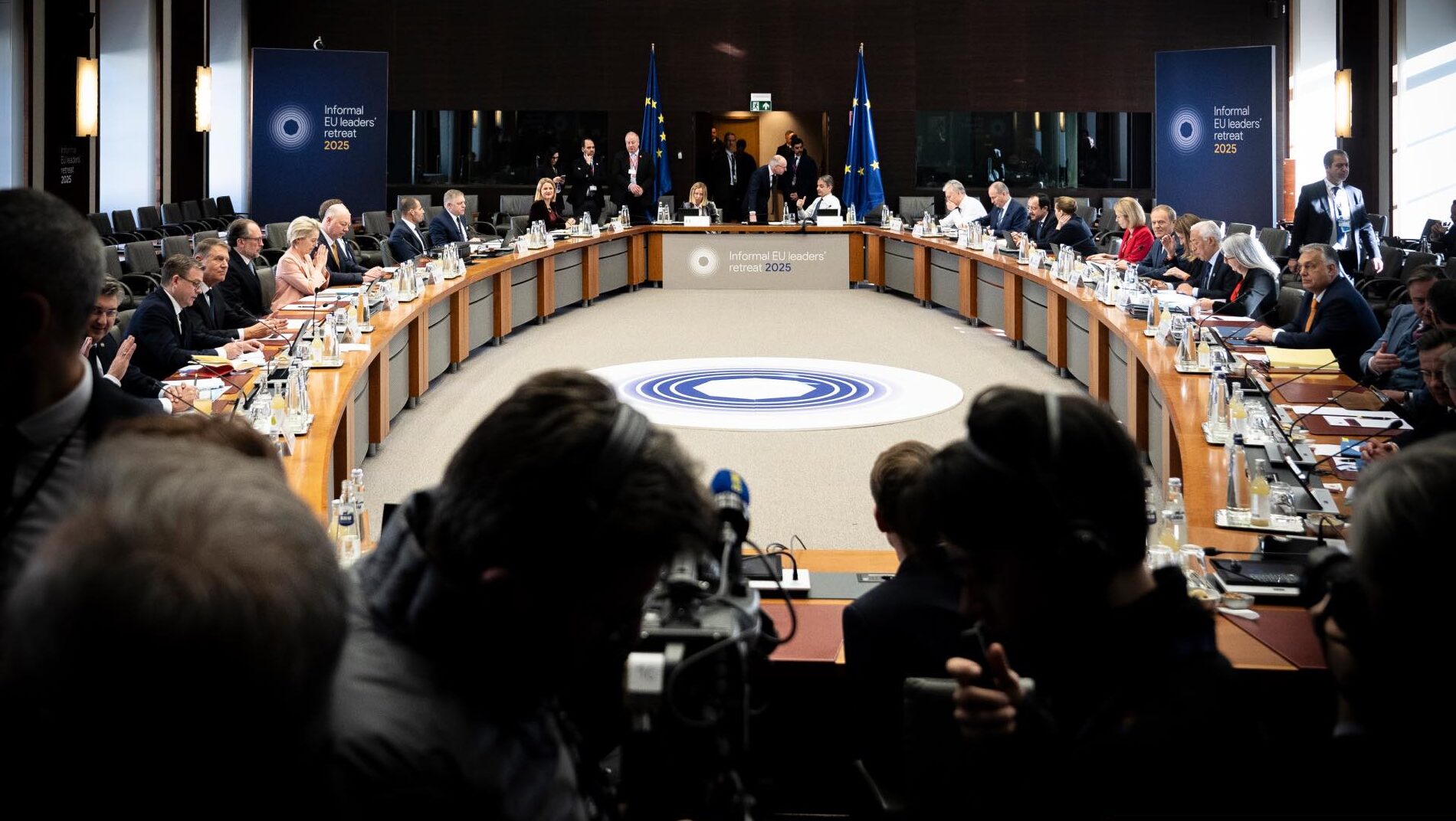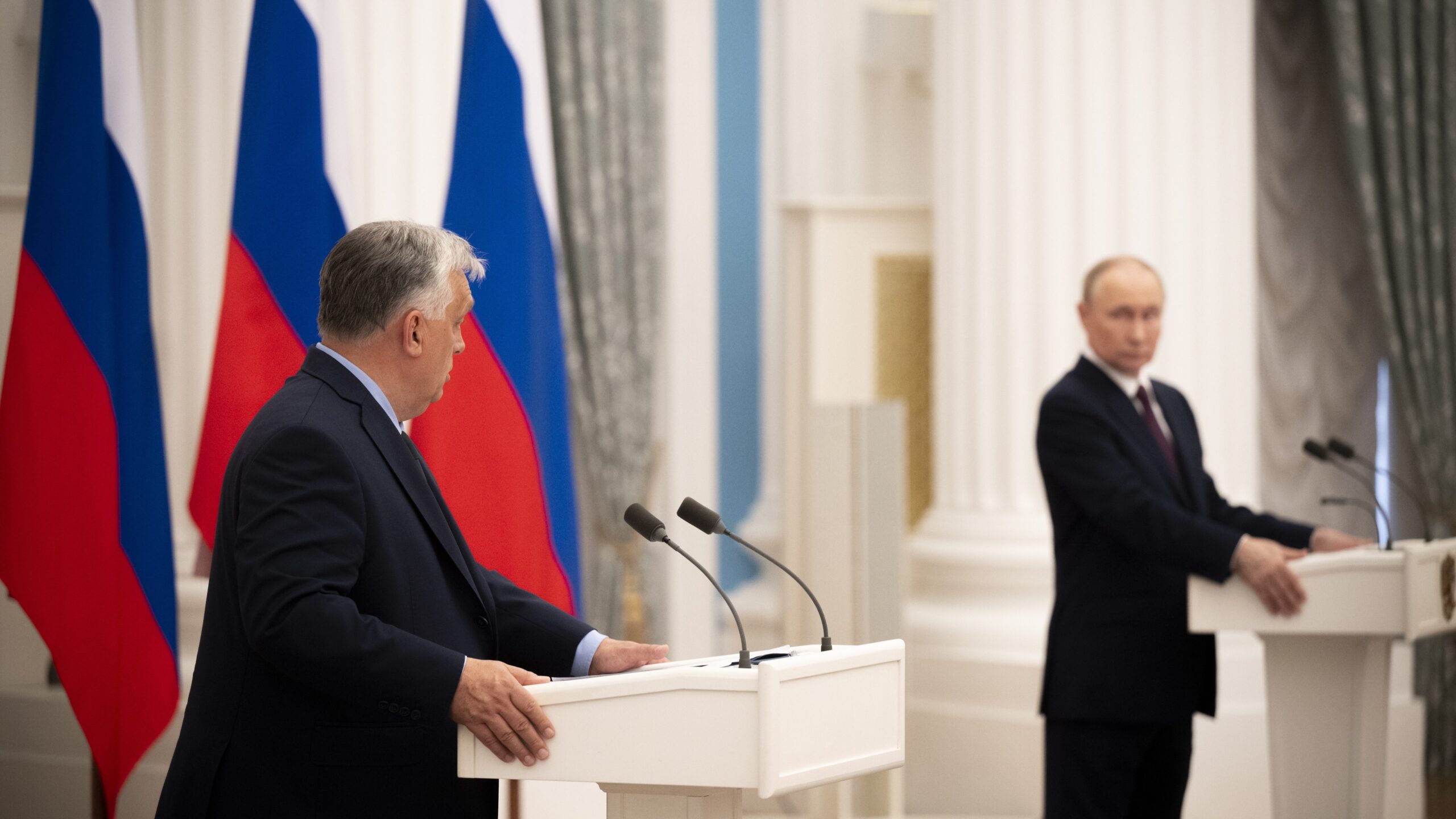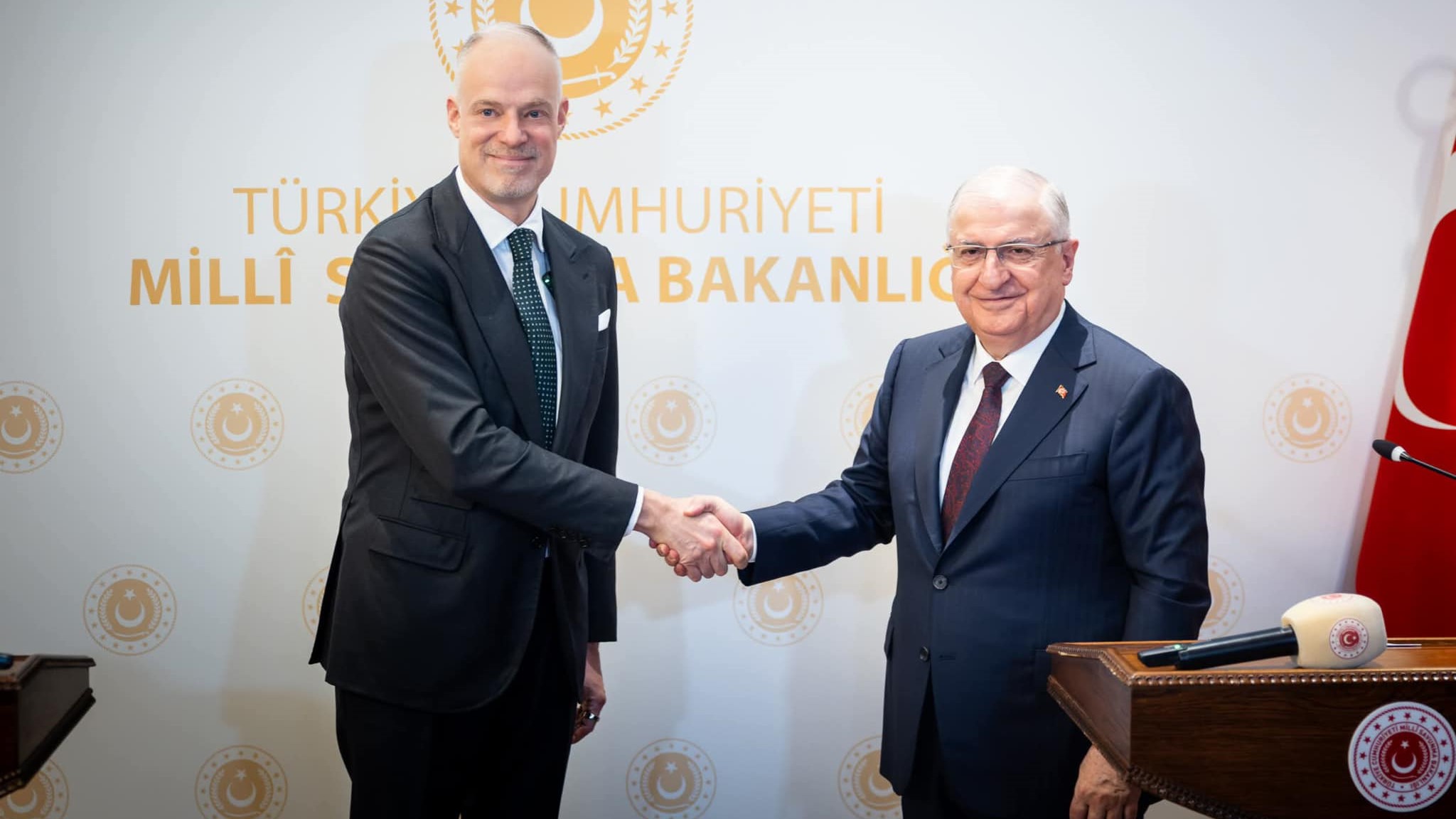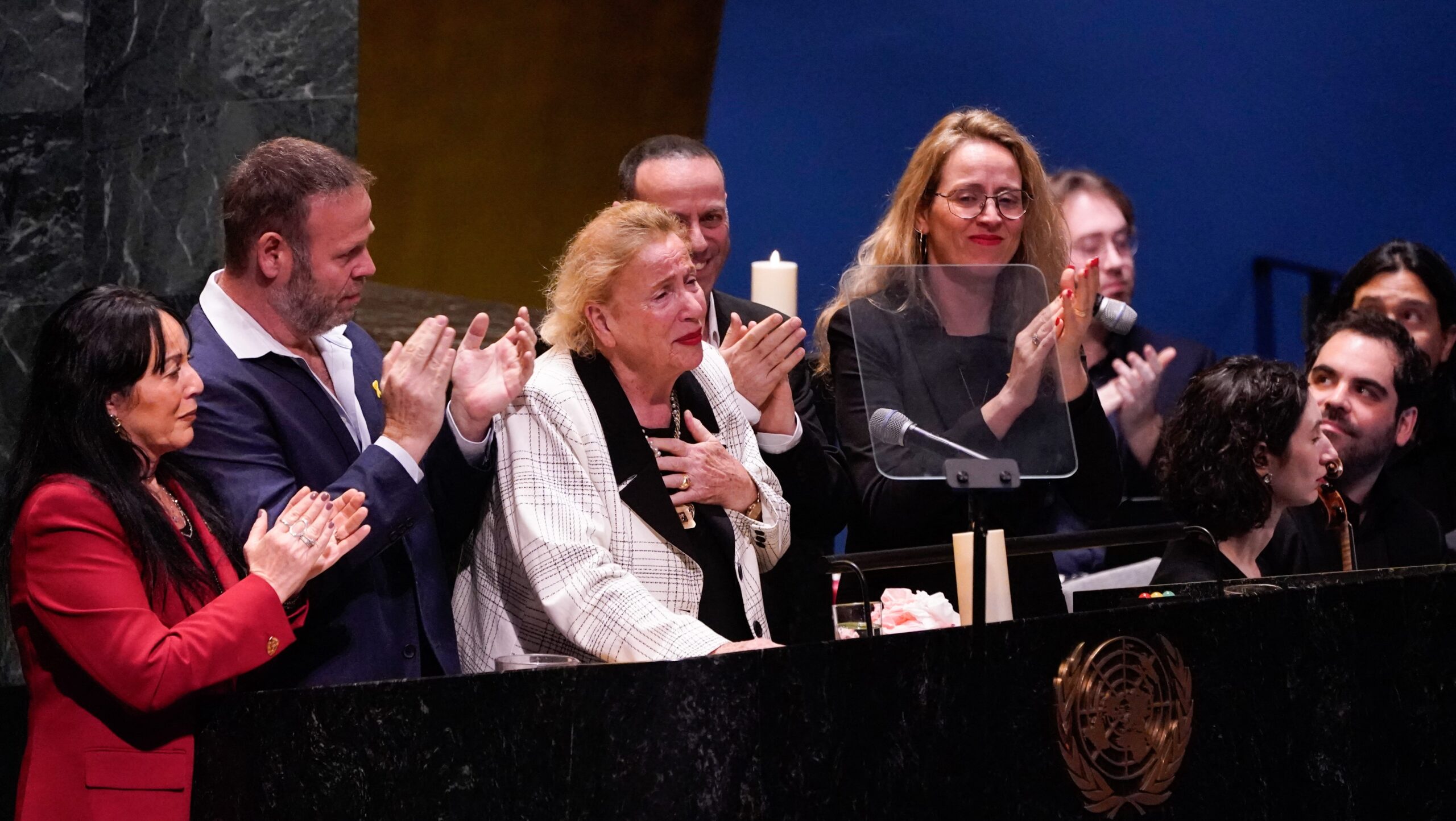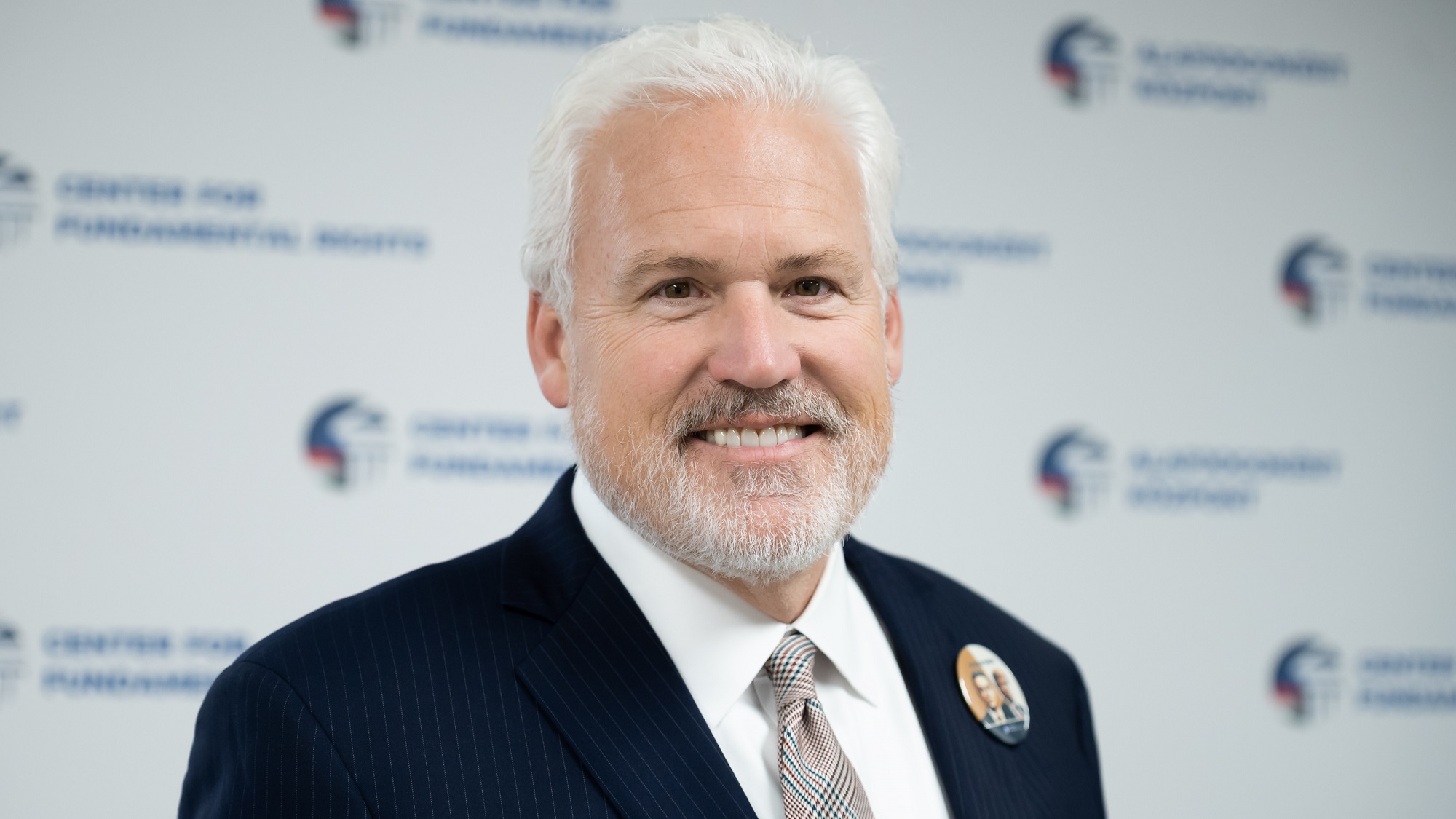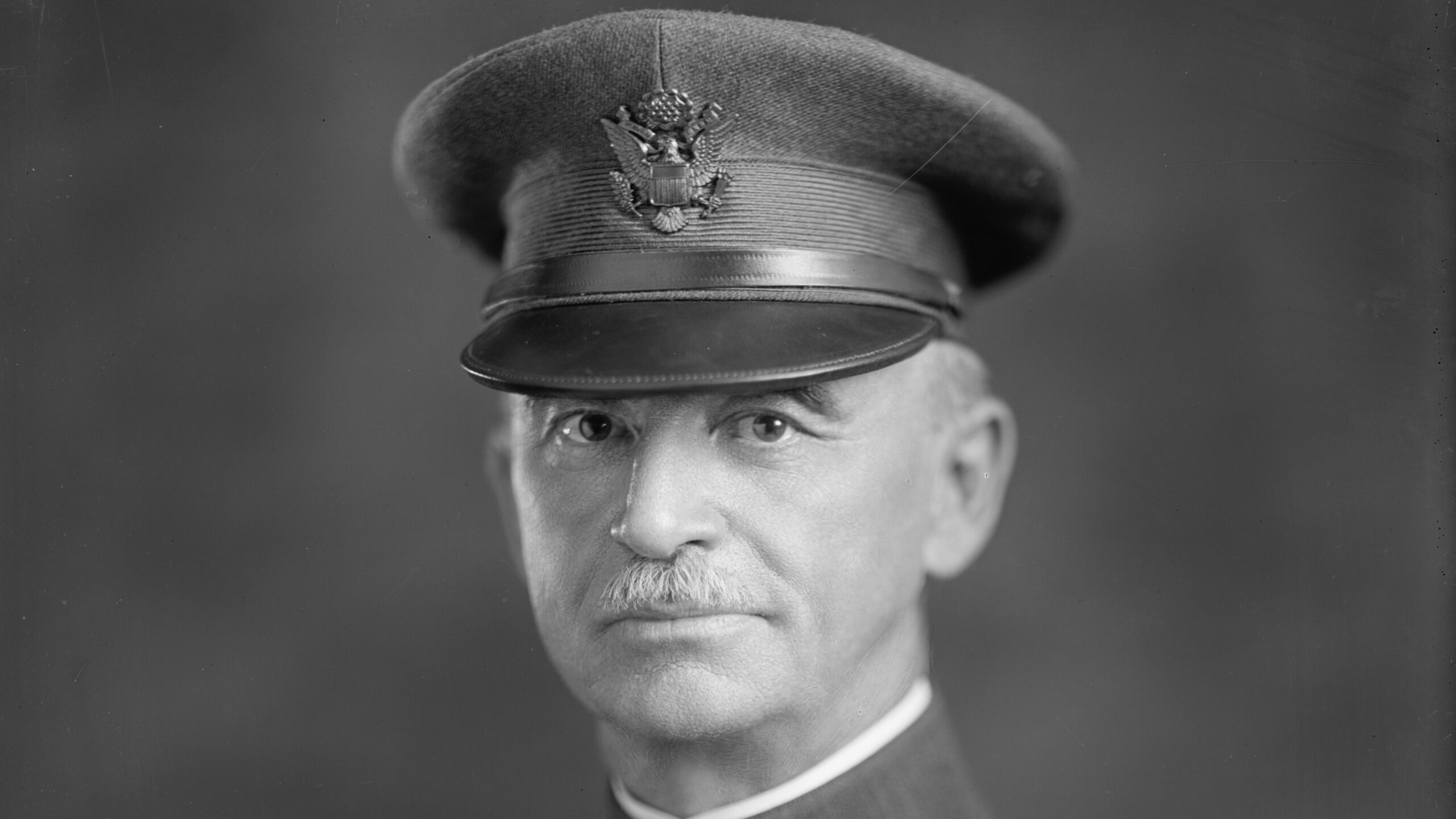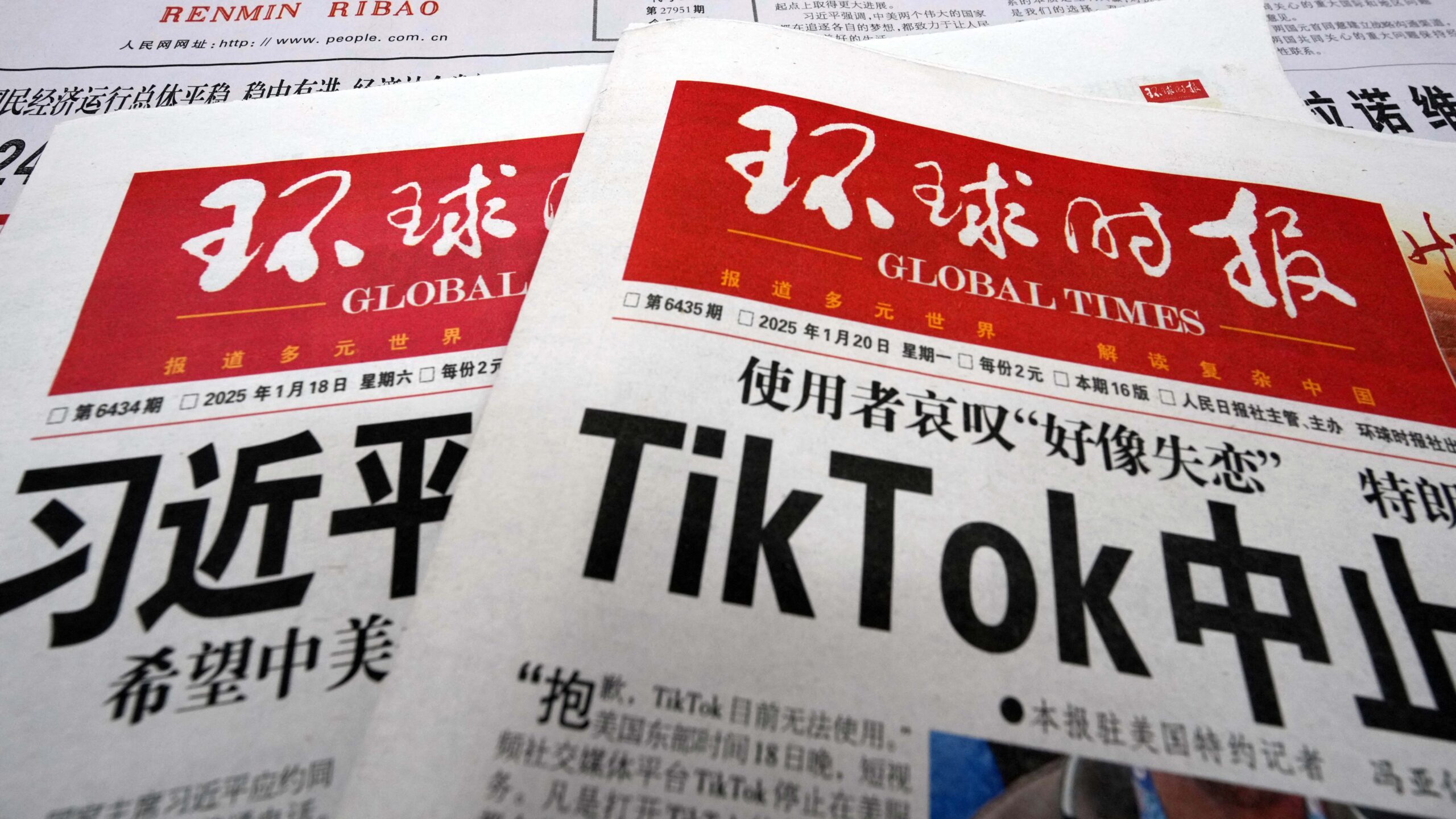
China’s ‘Century of Humiliation’ — Understanding the Chinese Challenge
‘The truth of the matter is that the Chinese will not allow themselves to be entrapped by Western and non-Western foreigners alike as they did during the “Century of Humiliation”. Xi is determined more than ever to have China emerge as the greatest power on earth, thus seeing the U.S. not as a partner but as an adversary that is equally determined to do everything it can to ensure he fails.’

